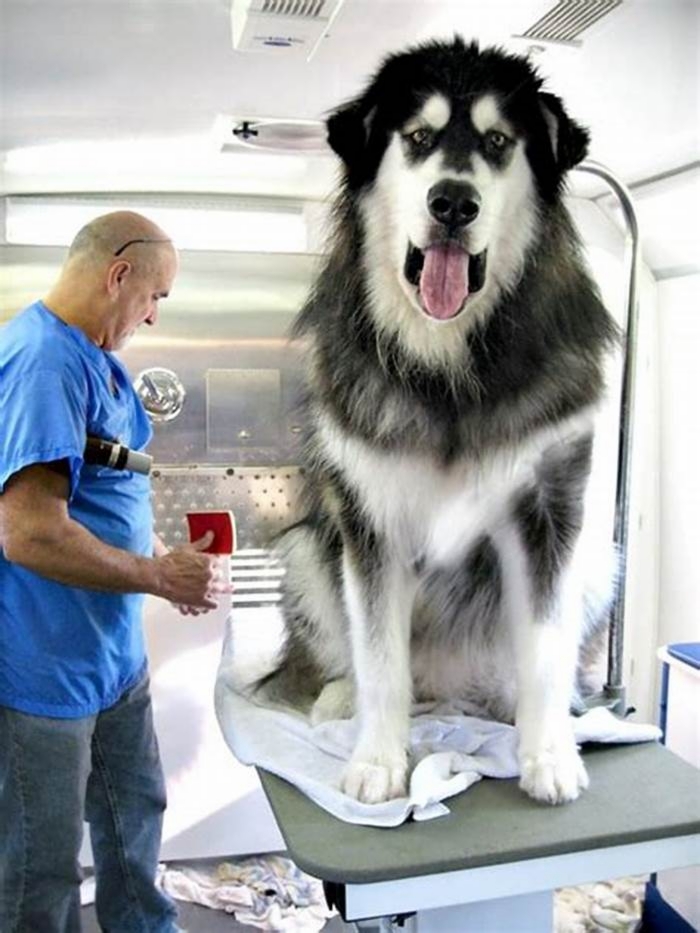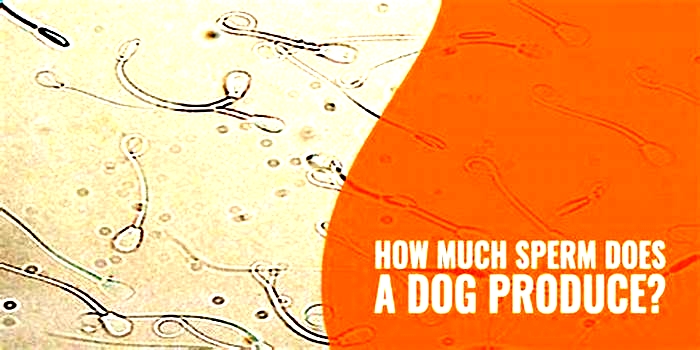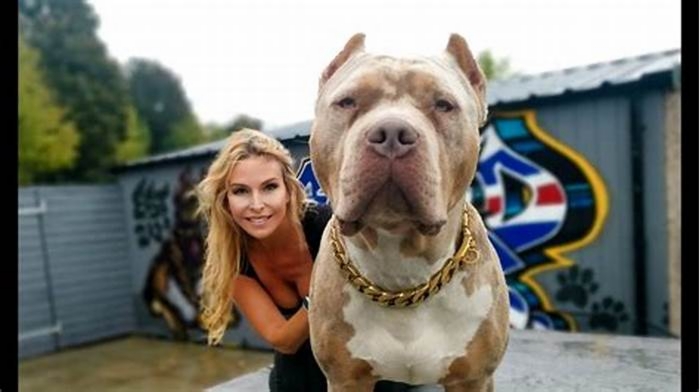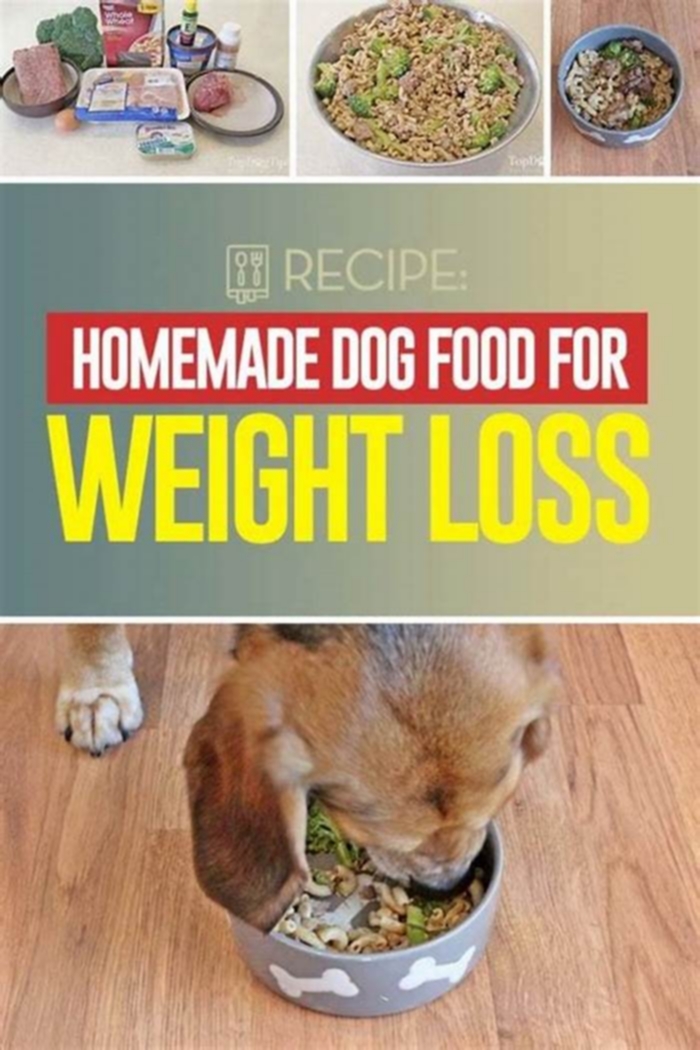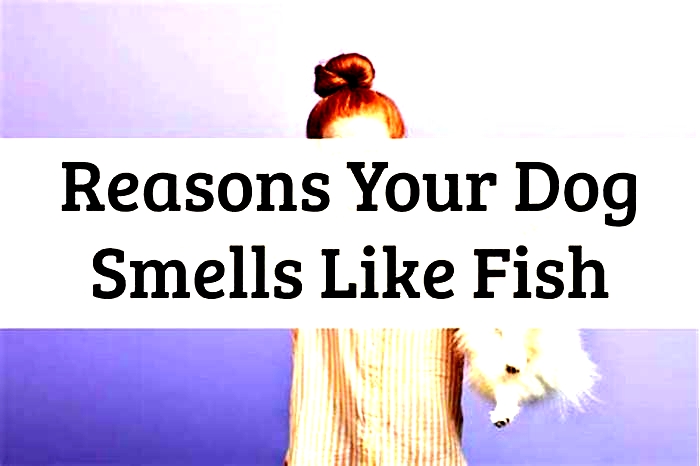Are fat dogs unhealthy
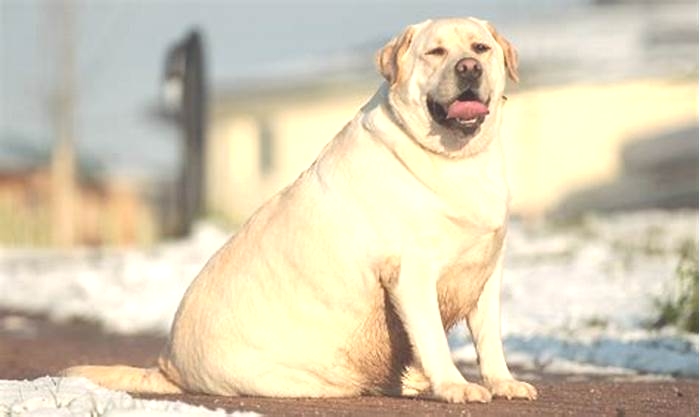
Obesity in Dogs: A Major Health Threat Hiding in Plain Sight
This Is a Paid Advertisement for The Farmers Dog
Theres a weight problem in America and it isnt just affecting humans.
The most recent statistics classify the majority of dogs in the U.S.56%as overweight or obese. While that makes obesity a major health crisis for dogs, its a problem thats often overlooked, as many pet owners may not even realize their pets are overweight.
I see people coming in constantly with 90-pound Labs and they say, she looks great, says Dr. Ernie Ward, DVM, CVFT, and founder of theAssociation for Pet Obesity Prevention(APOP). Well, actually, that dog is 15 pounds overweight. But weve normalized it. This kind of dog embodies what APOP has called the fat pet gapthe misalignment between what we think a dog should look like and what a healthy body composition should really be.
Obesity in dogs comes with significant consequences. In fact, Ward and other vets call it our pets biggest health threat. And its not an isolated issue; obesity is linked to a whole raft of health problems including arthritis, chronic kidney disease, bladder/urinary tract disease, liver disease, low thyroid hormone production, diabetes, heart failure, high blood pressure, and cancer. We think its very important that people understand this isnt just a cosmetic issue, says Dr. Ward. There is a physiological consequence to this.
A slimmer margin of error
While obesity is loosely defined as 30% above ideal body weight (there is no universally accepted definition forpets), veterinary experts say just being overweight impacts pet health. And thats one of the challenges in addressing this issuemany pet owners may simply not realize thereisan issue.
You look at your dog and it seems healthy and its active and doesnt have any apparent health issues, says Ward. So you say, its normal, and by extension its morphology, or its size, is normal. But the problem is that we often dont know what what normal is when it comes to dogs, so we project our own human-centric perspective. In human terms, we think we just need to drop five pounds, says Ward. Well, the amount of physiological impact of a few pounds is much, much greater and more concentrated in pets than in people. Five pounds on a cat is catastrophic. Five pounds on a Lab is significant. We think a few pounds off my Lab; what could the consequence of that be..? But the consequences are that Labs hips are deteriorating, its causing damage to the kidneys, its probably causing high blood pressure which is causing a constellation of problems, and its increasing cancer risk.

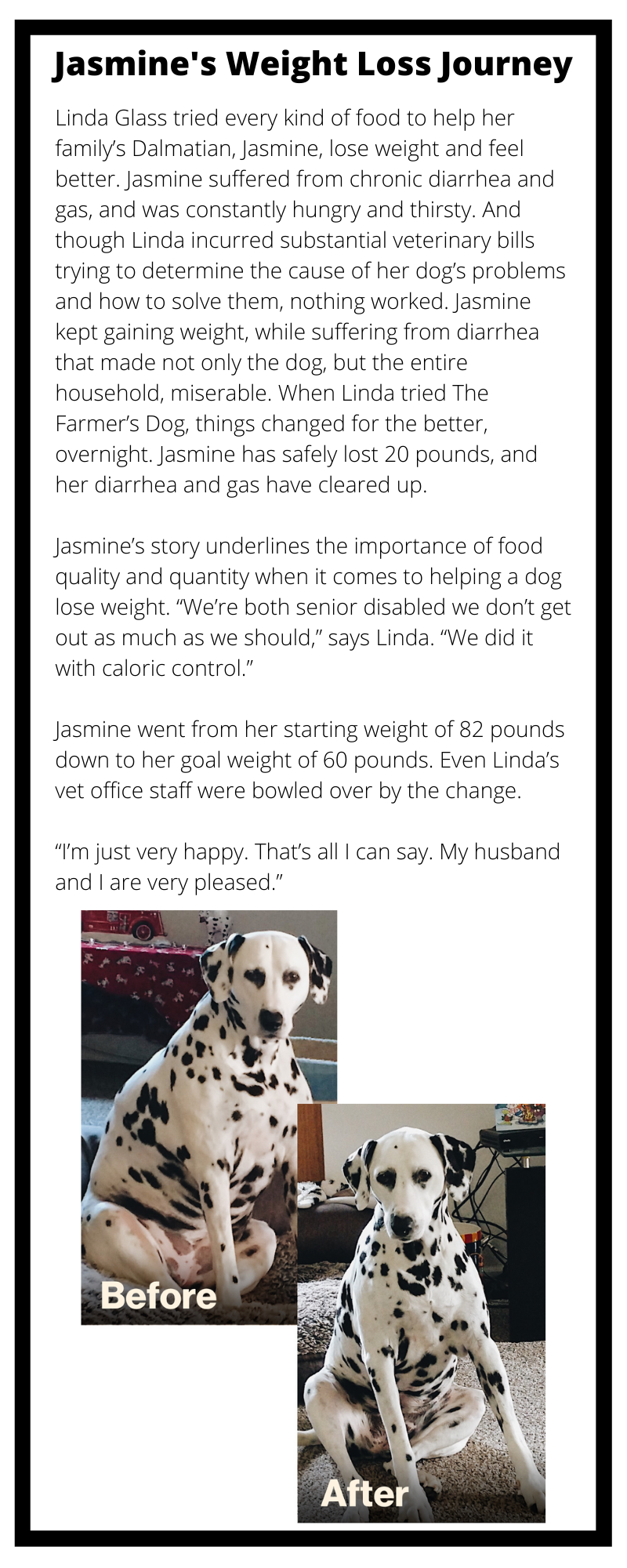
Dr. Carol Osborne, an integrative veterinarian at Chagrin Falls Pet Clinic in Ohio, echoes the fact that a dog doesnt have to be clinically obese to experience health consequences. Being just 10% overweight decreases a dogs lifespan by one-third and predisposes him to heart, kidney and liver disease as well as diabetes, arthritis,and cancer, she says.
Osborne says that adipose tissue (aka fat) is filled with blood vessels, and the added rich blood creates inflammation. This all creates an environment attractive to cancer cells and increases a dogs risk of developing the disease, she says.
Cancer is the number one killer of dogs today, says Osborne.
And, for some smaller breeds, extra pounds make a huge difference. Three extra pounds for canines in the toy category is the equivalent of gaining approximately 30 pounds for you or me, she says.
Holistic veterinarian and researcher Dr. Jean Dodds, of Hemopet veterinary center in California, says the health effects of having even a marginally overweight dog include reduced energy with resultant less exercise, easy keeper (gains weight on small amounts of food), skin and hair coat conditions, and irregular female reproductive cycles, if intact.
Conversely, obese dogs may benefit from even just slight weight loss. According to aclinical trial published in 2010,obese dogs with osteoarthritis showed a significant decrease in lameness from weight loss starting at 6.10%.
Another study,published in the Journal of Veterinary Internal Medicine in 2018 found that being overweight was associated with a shorter lifespan in the 12 dog breeds studied. The estimated reduction in lifespan for the overweight group was up to two-and-a-half years.
We look at a dog with obesity and if a dog loses as little as 6% body weightthats six pounds on a 100-pound Retrieverit makes a difference, says Ward. It doesnt take a lot of weight loss to make the pet feel better. I really try to emphasize that when Im talking to (pet owners) because its a quality of life issue as much as a longevity and disease-prevention issue.
Osborne says shes seen this quality of life improvement from weight loss time and again. One of her clients came in with a two-year-old male Pomeranian named Smokey that weighed in at 45 pounds. When he first visited, the dog already had one cranial cruciate ligament (CCL) surgery on a hind leg and was about to have a second. Osborne changed his dietwhich involved stopping the dry kibble and replacing it with chicken and fresh vegetables.
At this point he is down to 22 pounds, she says. He acts, feels and looks like a puppy instead of sleeping under the kitchen table most of the day and barely moving at all. Hes running around the house, ready to play and having a ball. And he wont need another surgery after all.
Rewriting your dogs future
For pet owners with dogs who are not obese and who arent showing obvious health symptoms, the concern may not seem as pressing. But Ward warns against not taking action when you can.
I see too often a 10-year-old Lab mix and suddenly they cant get into the car because of crippling hip arthritis caused by obesity, he says. But if you can rewind the tape, you dont have the years of cumulative damage. (Obesity) is a slow and insidious and silent killer, and people may know its happening, but they dont take action until theres a crisis. I say that nobody treats obesity until theres a catastrophe. And when its catastrophic, you may not recover.
A guide for dog owners: How to assess your dogs weight
The question remains: How can pet owners determine the ideal weight for their dogs?
The rib testOsborne says it begins with keeping regular track of your dogs body condition. She recommended the rib test.
Stand behind your dog, gently run your hands along either side of the rib cage, she says. You should be able to easily feel, but not see each rib, and your dog should have a waist or a tucked up area in front of the hind legs. If you can pinch more than an inch and/or your dog has lost his waist, its probably time to think about reducing.
The standing testWard opts for another method. I recommend you do the standing test. Look at the dog from the sidelean down and look from the sideand see [if] their abdomen or stomach is sagging, he says. Then I look from the top: From standing I should see an hourglass indentation in front of the hips. You should see the chest extend out and the waist tapers in making an hourglass.
While dogs vary widely in body shape and volume of hair and fur, Ward says this test should work for 95% of dogs (he notes that exceptions include English Bulldogs and Pugs).
Food matters most
Many vets agree that weight loss begins and ends at the food bowl for dogs and cats. Based on available literature and experience, Ward breaks down the weight-loss math this way: 60-70% diet and 30-40% exercise.
So, knowing exactly how much to feed your dog becomes key. Like many experts, Ward cautions against using the guidelines on most commercial dry dog food packages to determine how much youre feeding. The parameters, which are based on adult dogs for all life stages, are far too broad to accommodate every dogs needs. For example, Ward says, spaying or neutering a dog reduces their energy requirement by 20-30%. So already, if youre feeding according to guidelines youre overfeeding a pet who is spayed or neutered, he says. I see so many pet owners say Im feeding exactly what they say on the bag, and its like no, thats too much.
Its a good idea to work with your vet to assess your dogs body condition, muscle condition, lifestyle and any concurrent medical conditions and determine how many calories you should be feeding.
You can also consult the tools available online(including on APOPs site)which provide a good estimate of weight ranges and caloric needs by breed and size.
As to food quality, Osborne recommends fresh food including lean protein like chicken, turkey, fish, eggs and tofu, and fiber through fresh vegetables such as Brussels sprouts, broccoli, cauliflower, kale, cabbage and spinach.
While some dog owners hesitate around the idea of feeding people food, this kind of real, fresh food is more nutrient-dense, and more bioavailable than dried, processed food. Those planning to prepare fresh food at home for any length of time should be sure to consult their vet to ensure meals are correctly balanced and contain the necessary vitamins and nutrients.Subscribing to a fresh-food plan makes it easier, and safer, to feed nutritionally balanced meals.
While food is the biggest factor, pet owners should also plan to exercise dogs for a minimum of 20 minutes, twice a day. And be careful with snacks. You can use fresh veggies as healthy treats and avoid processed mystery-ingredient treats and things like pig ears, and bully sticks.
If you dont eat it, neither should your dog, Osborne says.

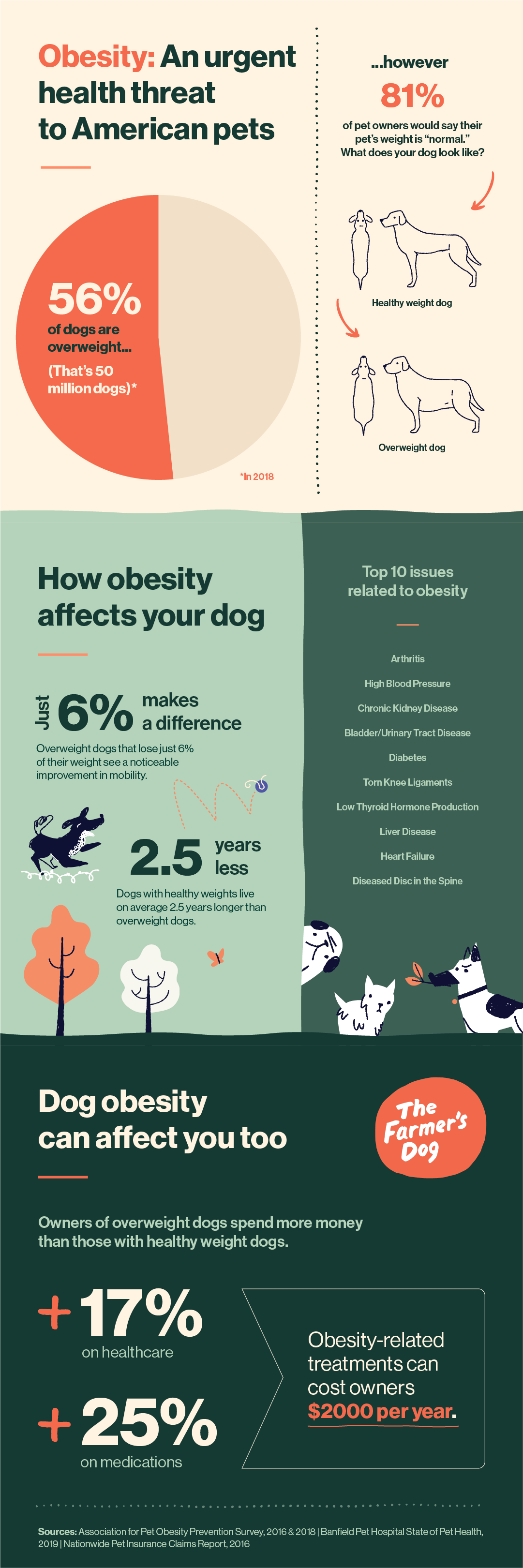
How Bad Are Hot Dogs For You, And How Many Are Too Many?
As summer begins to wind down, many of us are working to make the most of every cookout and barbecue before the chill of fall. Enter hot dogs, an admittedly delicious staple of summertime thats not that good for us. Packed with sodium, fat and nitrates (which are linked to cancer), hot dogs dont exactly have the best reputation.
But exactly how many hot dogs is too many? We talked with nutritionists, and heres what they had to say about hot dogs and some healthier alternatives.
Just how unhealthy are hot dogs, anyway?
The short answer, sadly, is that a traditional hot dog think a ballpark hot dog is very unhealthy.
The traditional ballpark dogs tend to be very high in sodium (over 500 mg in one hot dog), which can contribute to high blood pressure, explained Jenna Stangland, a registered dietician and co-founder of A4 Health whos also the team dietitian for the Minnesota Timberwolves. The quality of the meat can make a hot dog unhealthy, and this is because many times hot dogs are not 100% beef, chicken or turkey they are processed meats and may contain what is called MSM.
MSM is mechanically separated meat, Stangland explained, and this means the hot dog is a combination of meat, veins, tendons and skin.
Processed meats may also have added nitrates, which, when combined with protein, can form a compound that has been linked to certain cancers, Strangland continued. You want to look for a 100% meat (or veggie) hot dog that is not processed, cured or with added fillers.
Another unhealthy component of the hot dog is fat, she said. Hot dogs can be high in saturated fat, and that is a fat that can increase risk of cardiovascular diseases.
If you love hot dogs and are going to eat them anyway, how many is too many?
Theres no specific number, but try to think of a traditional hot dog as a once in a while food instead of an everyday food.
I would say this is a once-in-a-while food that would fall into the once-a-month category, especially for people who have high blood pressure (hypertension) or are at an increased risk of cardiovascular disease, said Maggie Michalczyk, registered dietitian and founder of the blog Once Upon a Pumpkin.
Luckily, there are a handful of healthier hot dog options that you can feel comfortable eating more frequently, although still probably not every day.
There are absolutely ways to seek out a healthy dog and be able to enjoy a grilling night out, Stangland said. You want to look for an uncured hot dog without nitrates, 100% beef (grass-fed is even better), chicken, turkey or pork, and typically water listed as the next ingredient. You want to find a label with the sodium content below 450 mg and the saturated fat content as low as possible.
If you aim for a hot dog within those parameters that incorporates healthy toppings, its a way to enjoy hot dogs in moderation throughout the summer months. And while there are healthier hot dogs (or hot dog-like items), some of them are just as processed as traditional dogs so make sure you choose wisely.
Which hot dog options are the least unhealthy?
The Healthiest And Least Healthy Hot Dogs
For a chicken sausage choice, Applegate makes a great organic chicken sausage or Thin n Trim Gourmet chicken sausage, Stangland said. Both very lean choices and no processed meat, just 100% chicken.
For a plant-based dog, Strangland recommended Jack and Annies Applejack sausage, with whole ingredients including jackfruit. Plus theyre not overly high in sodium and still pack great flavor. Yves tofu dog is the lowest sodium out there and is another good plant-based option if you like tofu.
If youre thinking about totally abandoning hot dogs on a grilling night out, Strangland suggested other great grill choices: kabobs with chicken, or chicken or turkey sausage.
These are lean meats so you get far less fat, more high-quality protein and without fillers or preservatives, Stangland said. You could make a bun with an alternative protein choice such as seafood lobster roll or shrimp roll or a veggie dog by just stuffing the bun with beans, cabbage, onion and mustard. This would be another way to eliminate the saturated fat while still having a bun filled with delicious foods on the inside!
While you shouldnt have a traditional ballpark hot dog every day, having one once in a while is probably OK. And there are a lot of other great end-of-summer options.
Support HuffPost
Our 2024 Coverage Needs You
Your Loyalty Means The World To Us
At HuffPost, we believe that everyone needs high-quality journalism, but we understand that not everyone can afford to pay for expensive news subscriptions. That is why we are committed to providing deeply reported, carefully fact-checked news that is freely accessible to everyone.
Whether you come to HuffPost for updates on the 2024 presidential race, hard-hitting investigations into critical issues facing our country today, or trending stories that make you laugh, we appreciate you. The truth is, news costs money to produce, and we are proud that we have never put our stories behind an expensive paywall.
Would you join us to help keep our stories free for all? Your contribution of as little as $2 will go a long way.
Can't afford to donate? Support HuffPost by creating a free account and log in while you read.
As Americans head to the polls in 2024, the very future of our country is at stake. At HuffPost, we believe that a free press is critical to creating well-informed voters. That's why our journalism is free for everyone, even though other newsrooms retreat behind expensive paywalls.
Our journalists will continue to cover the twists and turns during this historic presidential election. With your help, we'll bring you hard-hitting investigations, well-researched analysis and timely takes you can't find elsewhere. Reporting in this current political climate is a responsibility we do not take lightly, and we thank you for your support.
Contribute as little as $2 to keep our news free for all.
Can't afford to donate? Support HuffPost by creating a free account and log in while you read.
Dear HuffPost Reader
Thank you for your past contribution to HuffPost. We are sincerely grateful for readers like you who help us ensure that we can keep our journalism free for everyone.
The stakes are high this year, and our 2024 coverage could use continued support. Would you consider becoming a regular HuffPost contributor?
Dear HuffPost Reader
Thank you for your past contribution to HuffPost. We are sincerely grateful for readers like you who help us ensure that we can keep our journalism free for everyone.
The stakes are high this year, and our 2024 coverage could use continued support. If circumstances have changed since you last contributed, we hope youll consider contributing to HuffPost once more.
Support HuffPostAlready contributed? Log in to hide these messages.


